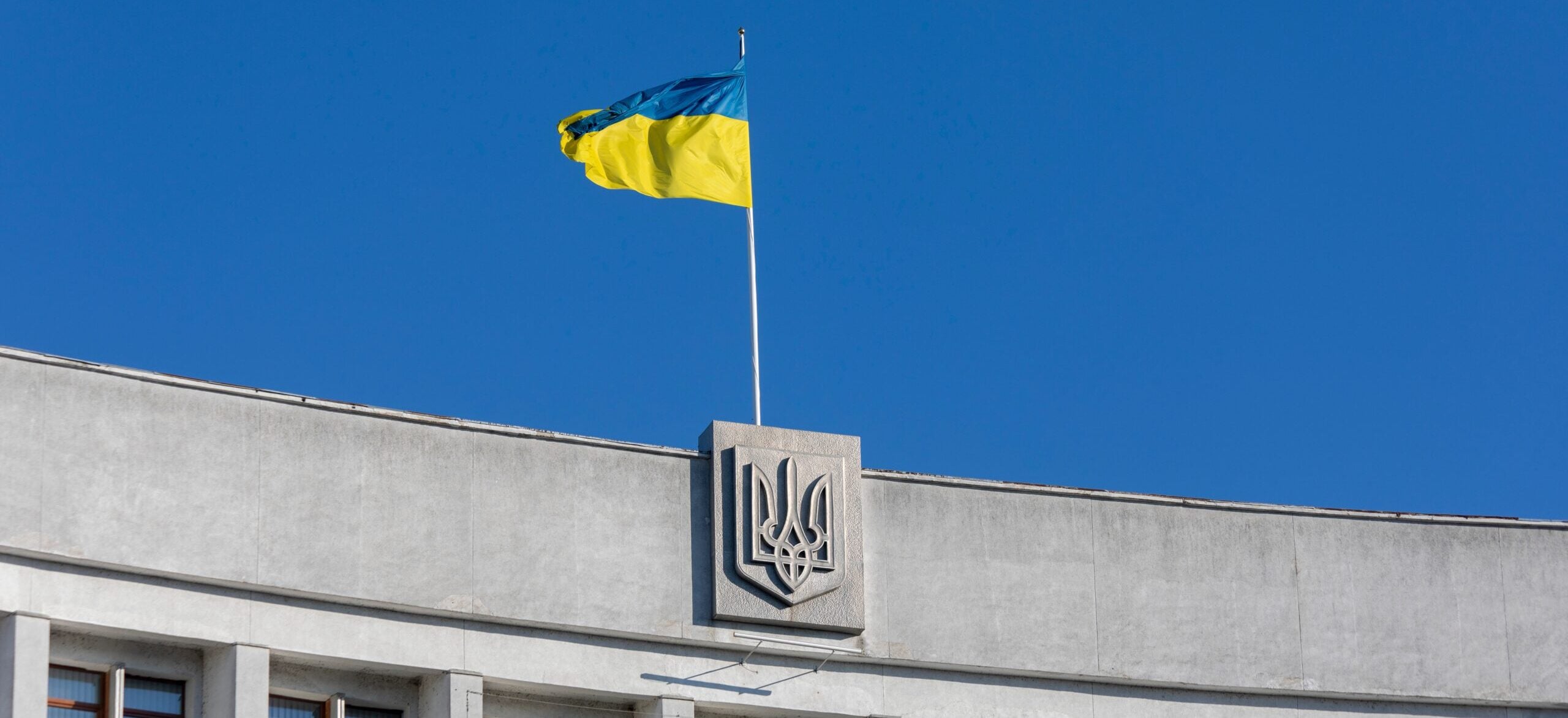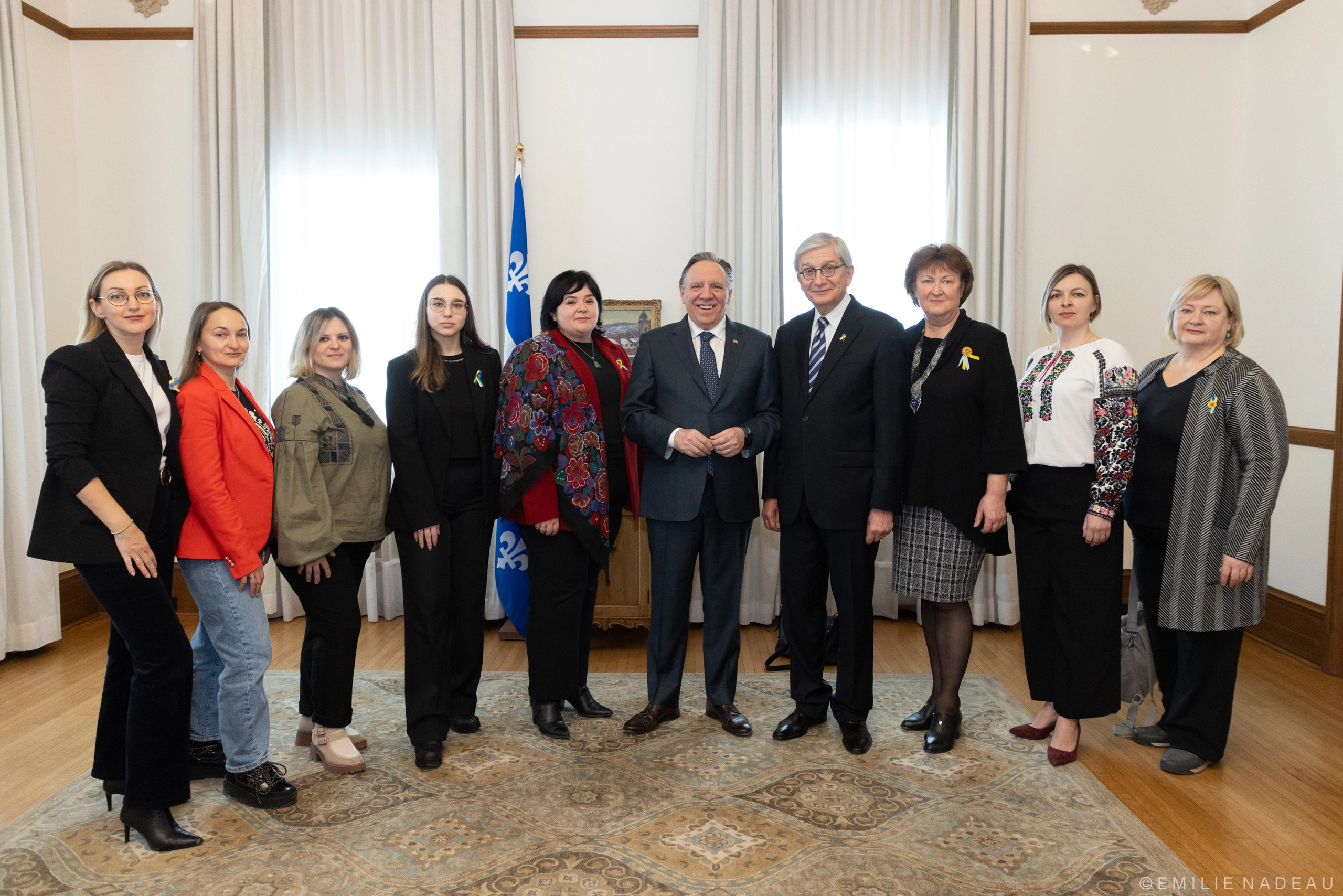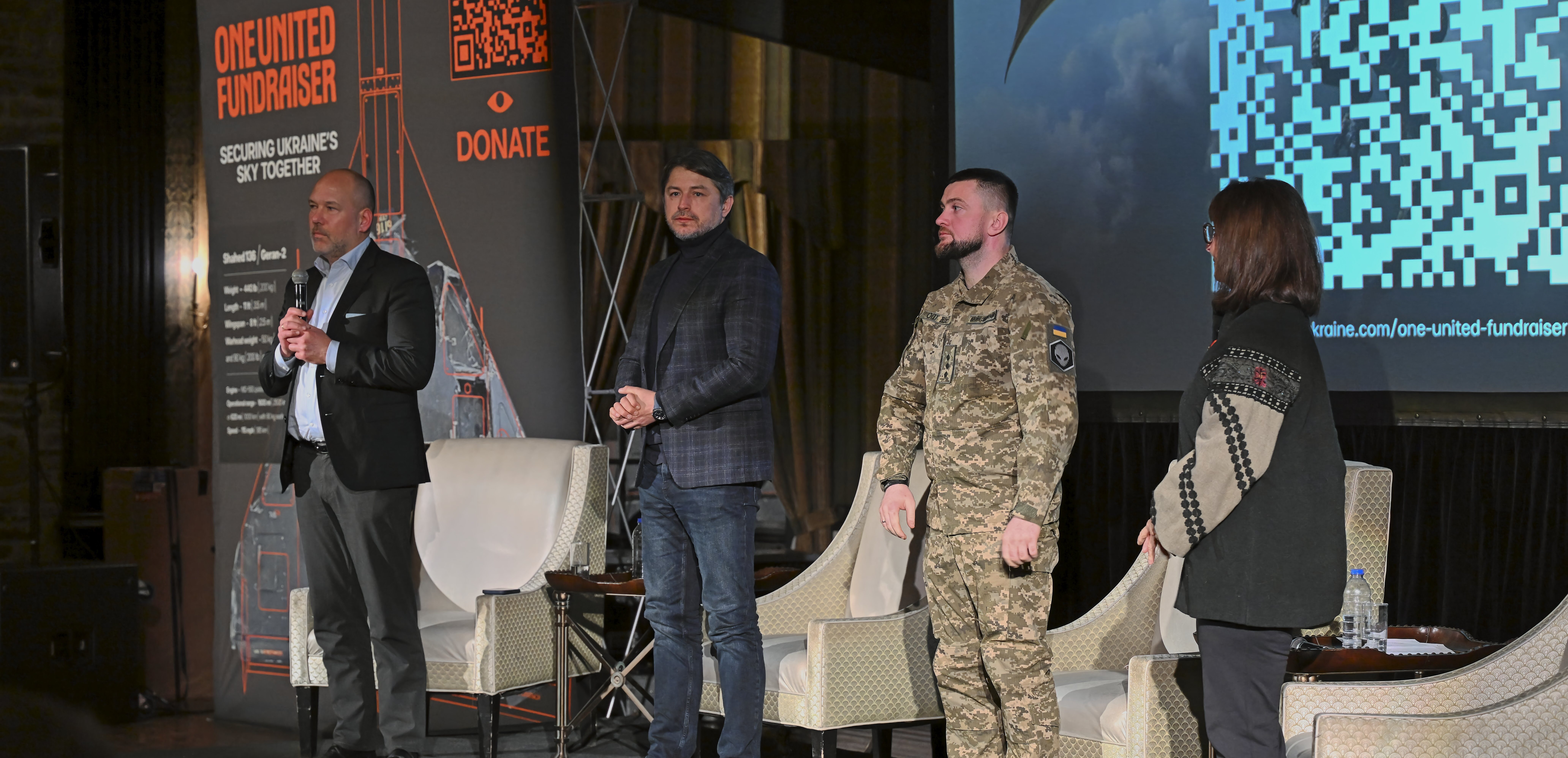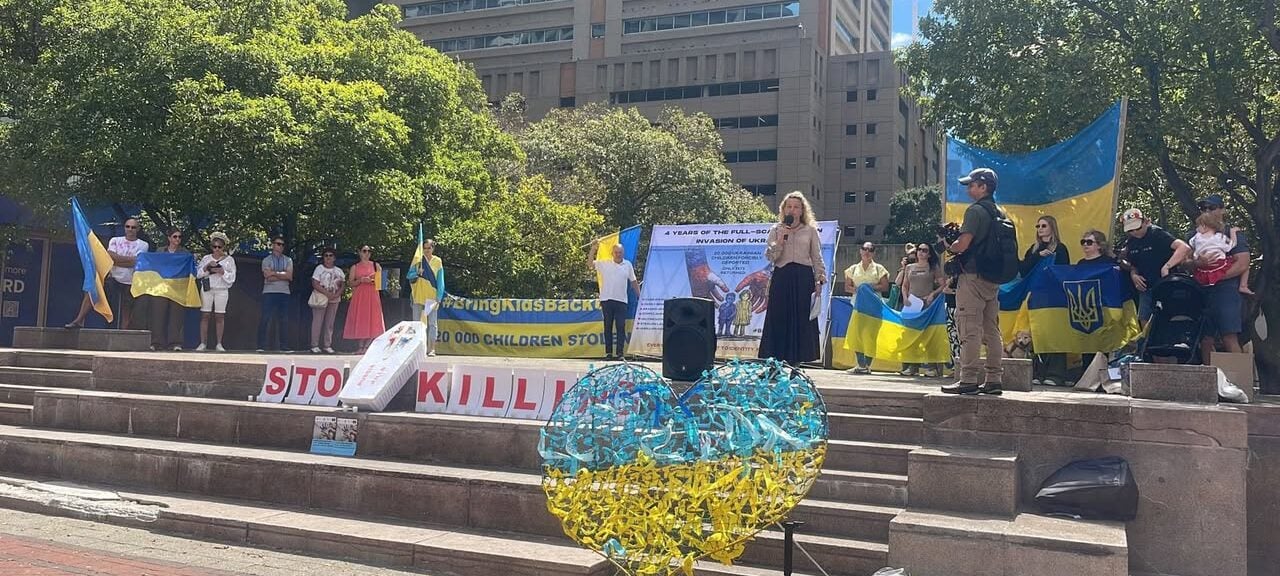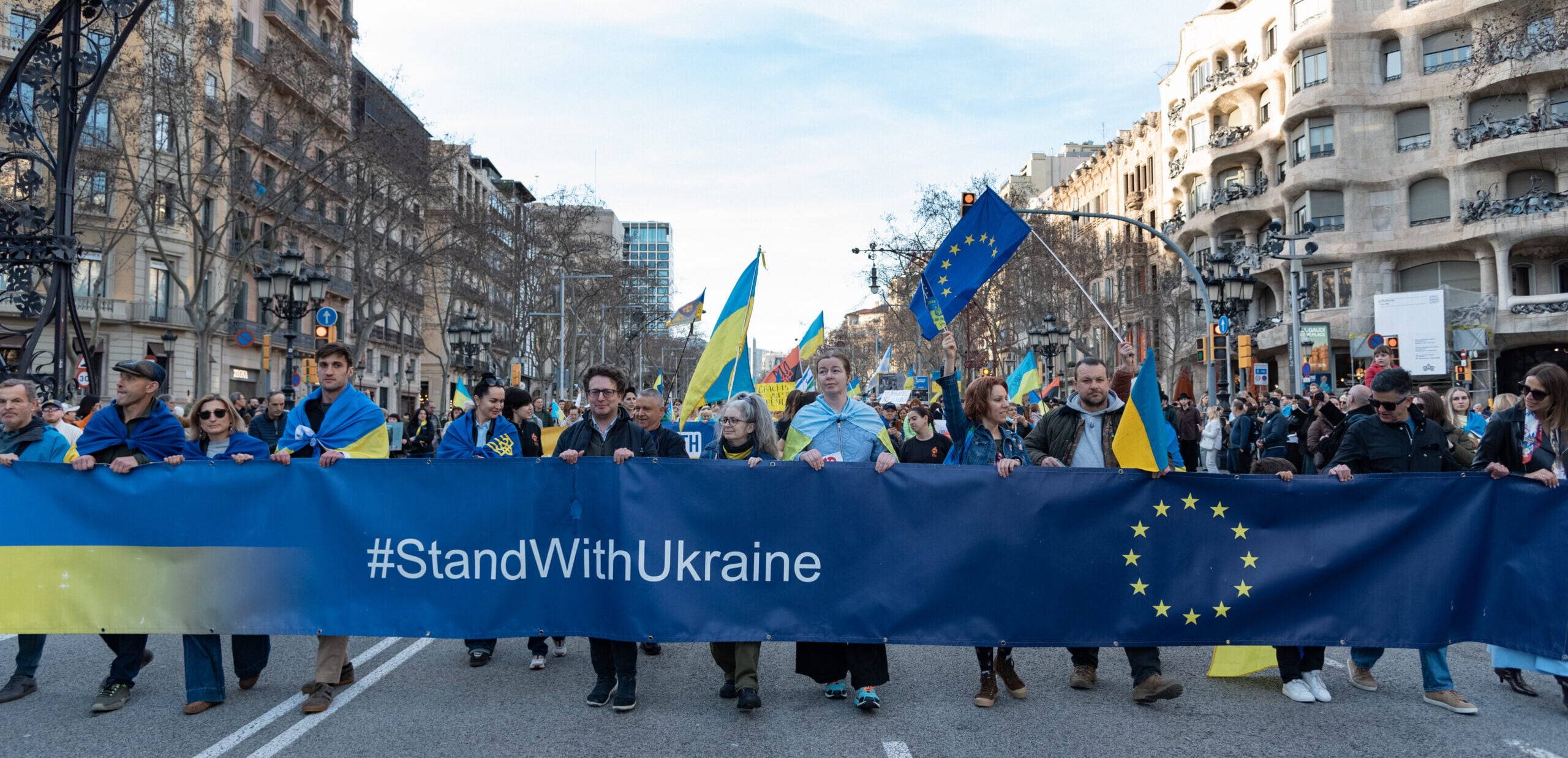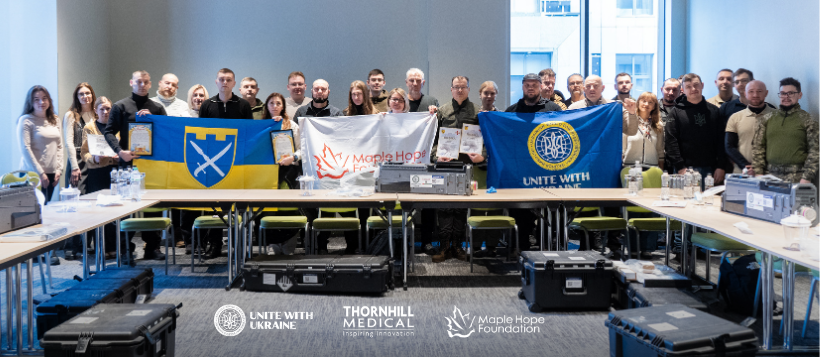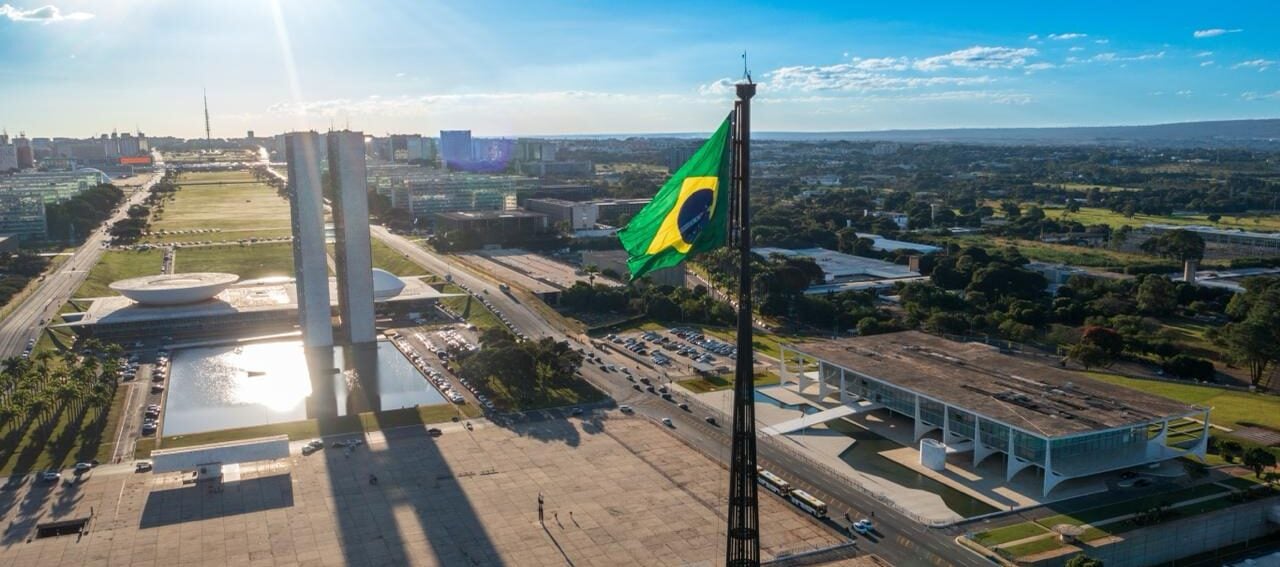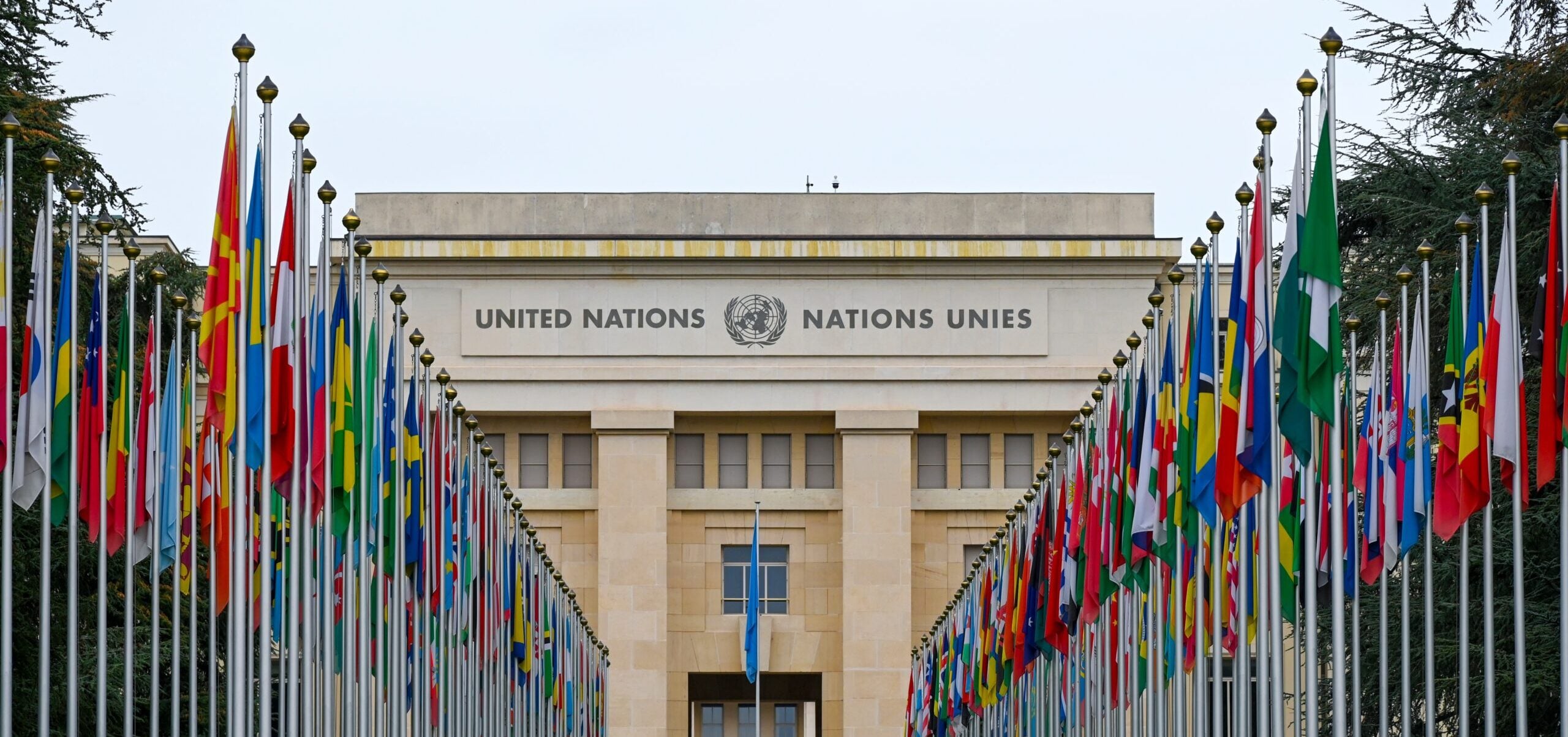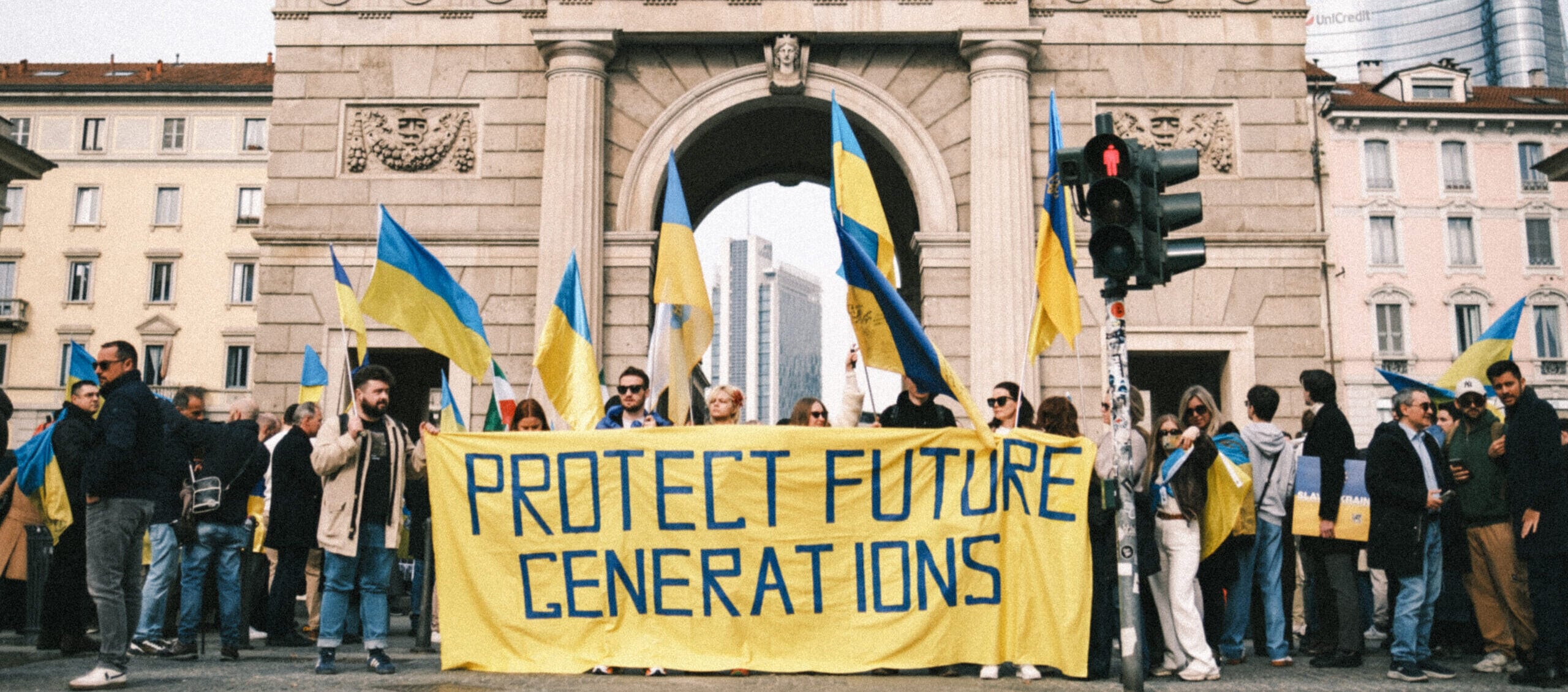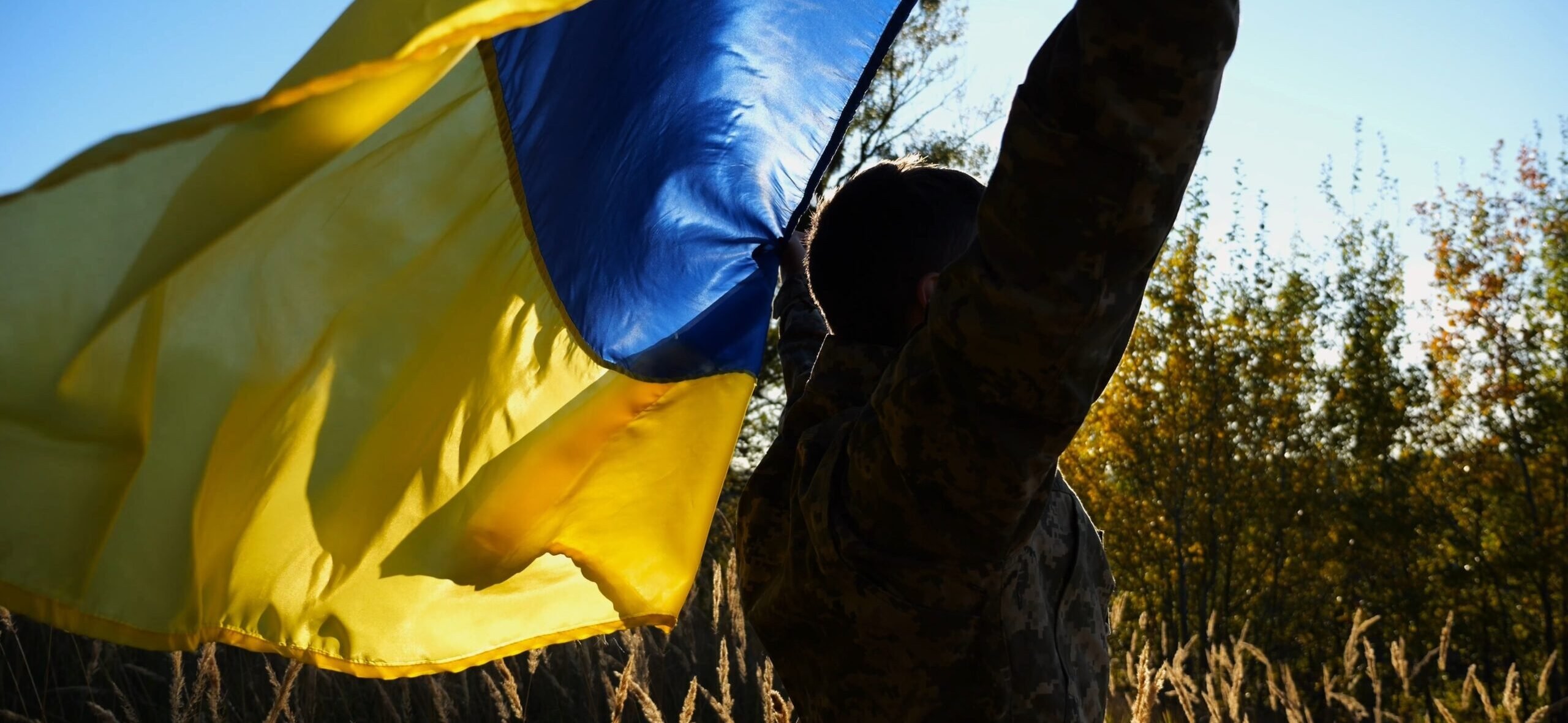
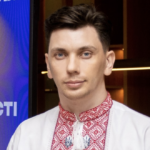
Yevheniy Semenov, UWC Vice President for Middle East and Central Asia
Source: Al Arabiya News
On August 24, Ukrainians around the world mark Ukraine’s Independence Day, restored in 1991. This year marks the 34th anniversary and carries a plea to the world: the hope for a just and lasting peace, rooted in justice, international law, and reliable security guarantees. After more than a decade of war, and three years of full-scale invasion, Ukrainians understand that only by defending independence can they secure a future of peace.
Ukraine’s statehood rests on deep historical foundations. In 988, the state of Rus, centered in Kyiv, embraced Christianity and became one of Europe’s earliest hubs of culture, spirituality, and trade. Ukraine is not a modern creation but an ancient nation whose people have long aspired to live with dignity and freedom.
It is also a land of extraordinary beauty and heritage: golden wheat fields that help feed the world, the winding Dnipro River, the Carpathians, the historic streets of Lviv, the Black Sea coast of Odesa, and the shining domes of Kyiv. These treasures form part of humanity’s shared cultural legacy.
For the past 11 years, however, this legacy has been scarred by war. Since 2014, and especially after the full-scale invasion of 2022, missiles, drones, and artillery have struck theatres, schools, cathedrals, mosques, and homes. Farmland lies mined, nature reserves destroyed, and historic cities reduced to rubble. Behind every ruined building are disrupted lives: children forced to study underground, families displaced, and millions enduring harsh winters with limited electricity or heat.
This war is not only a tragedy for Ukraine. It is a direct challenge to the international system. Borders are being redrawn by force, civilians are targeted, and rules of international law are openly defied. Ukraine’s struggle is therefore not only about its own sovereignty, it is also about the security of all nations that value stability and peace.
Amid this devastation, Gulf states have played a critical role in alleviating suffering and fostering dialogue. Saudi Arabia has pledged more than $400 million in aid, including humanitarian assistance, energy support, and reconstruction projects. It has also served as a diplomatic platform, hosting peace talks in Jeddah that brought together representatives from dozens of countries. Qatar has provided over $100 million in humanitarian aid, supporting health, education, and demining initiatives, while also playing a vital role in helping to return Ukrainian children deported to Russia.
The United Arab Emirates has set a particularly strong example of humanitarian leadership. The UAE has delivered over $100 million in aid through an air bridge supplying food, medicine, ambulances, generators, and educational materials – assistance that has reached not only Ukrainians at home but also refugees in Poland, Moldova, and Bulgaria. Special attention has been given to the most vulnerable – women, children, and displaced families. The UAE’s partnership with the Olena Zelenska Foundation to support Ukrainian children shines as a beacon of compassion transcending borders. At a time when wars elsewhere compete for the world’s attention, such gestures remind us that humanity must not grow numb to suffering.
Equally significant are the Emirates’ diplomatic efforts. By mediating between Ukraine and Russia, the UAE has facilitated 16 POW exchanges, securing the release of 4,349 captives. These achievements underscore its capacity to foster dialogue and deliver tangible results even in the most difficult geopolitical circumstances. They also reflect a universal truth: the human longing to end suffering and war.
For Ukrainians, that longing is deeply personal. They are the first to yearn for peace. But peace can endure only if it rests on justice and security. Independence Day is therefore both a celebration of resilience and a reminder of responsibility. Ukrainians remain unbroken despite immense suffering, yet independence without peace is incomplete. Civilian suffering will persist unless the world supports a fair and lasting settlement.
Today, following recent global historic developments, Ukrainians look for an unconditional ceasefire as the first step to halting civilian suffering and opening the way to dialogue. A ceasefire alone will not end the war, but it can create the space for diplomacy, humanitarian relief, and a moment of breathing for millions of families. It is the essential beginning of a broader path toward peace rooted in justice, international law, and reliable security guarantees.
On this Independence Day, Ukrainians hope for a peace that restores dignity and security, rebuilds cities and cultural treasures, and allows the country’s natural beauty to thrive again. With the support of global partners, this vision can become reality.
The world must now act with urgency. It must promote dialogue and advance peaceful solutions, strengthen international peace and security, and foster a climate of trust in Europe. If achieved, such a peace will not only heal Ukraine, it will stand as a source of hope for advancing global peace and stability.
On Ukraine’s Independence Day, Ukrainians renew their dream of a just and lasting peace. It is a dream they invite the world to share – and to help make it real.
Cover: Shutterstock
